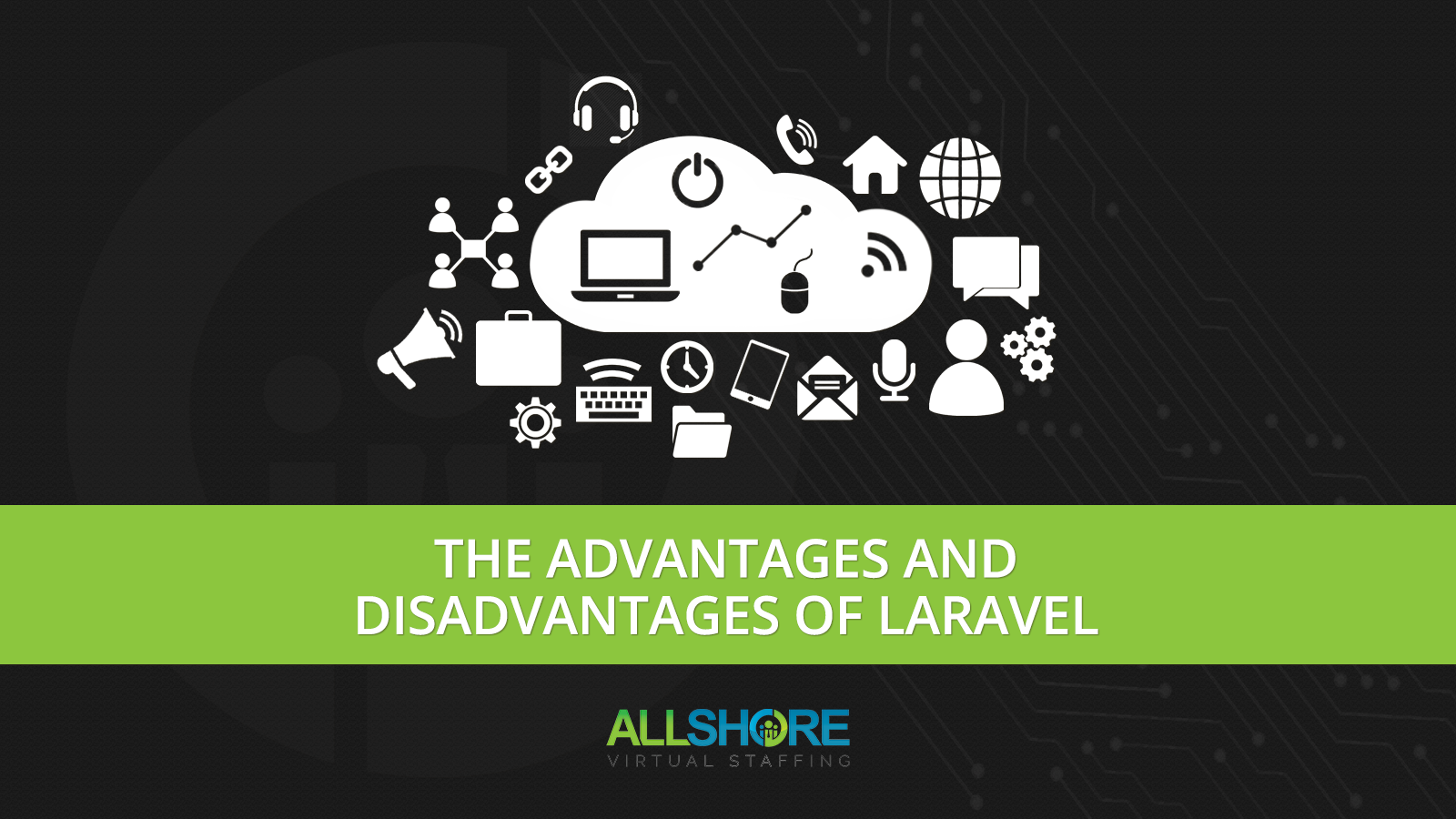HOW TO SET UP A LARAVEL WEBSITE
Laravel is a commonly used, open source PHP framework. User-friendly and efficient, it’s easy to see why Laravel is such a popular choice for web applications. However, Laravel isn’t the best fit for everyone. We’ve made a guide to help you choose whether or not to use it for your business.
Disadvantages of Laravel
While Laravel can be a benefit to your business, it is not for everyone.
Problematic upgrades
As with most frameworks, occasional problematic upgrades tamper with the functionality of Laravel, meaning that developers must take precaution before upgrading web applications and web sites.
Doesn’t support payment services
Since Laravel doesn’t support payment services, you will have to find another way to handle any payment issues on a website. Fortunately, Laravel does offer a library that can help you integrate a payment method for your website. However, many e-commerce sites choose to involve third-party payment, so you may need to use another framework.
Minimal mobile app richness
Laravel isn’t ideal for creating mobile applications. Full-page reloads can get heavy in their mobile app versions, making the app run slowly. Instead, we recommend using Laravel as backend JSON API only.
No continuation between versions of Laravel
There has been some lack of seamless transition between different versions of Laravel, such as Laravel 4 to 5. When you try to update or edit the code, it tampers with the application and causes it to shut down.
Advantages of Laravel
Laravel features several benefits. Below, we’ve listed just a few.
Stays up to date with the latest PHP features
Laravel is always compatible with the latest features of PHP. This is something that other frameworks lack, but Laravel includes all the latest PHP updates and lets you make use of them.
Features for faster web application development
Laravel improves your developers' efficiency without compromising quality or effectiveness. Laravel is configured to use file cache driver by default, storing cached objects in the file system. For larger projects, it supports the use of in-memory cache like Memcached or APC. Furthermore, it’s capable of configuring multiple cache configurations at once, making it easier to optimize the performance web applications.
Minimal risks and technical vulnerabilities
When it comes to data security, Laravel doesn’t disappoint. To protect your data from common vulnerabilities like SQL injections, cross-site scripting, and cross-site forgery, Laravel has several security features like easy-to-implement authentication and authorization processes and a secure codebase.
Solid documentation
Laravel offers a user-friendly documentation feature. This documentation is designed to help developers understand syntax, classes, features, and strategies. In addition, Laravel releases documentation before every new update so you always know what to expect, saving you and your team time and effort.
Conclusion
While Laravel is not best used to mobile applications or eCommerce sites, it is a reliable, secure, and diverse web development framework featuring solid documentation and increase efficiency.
Not sure if Laravel is right for you? Follow along next week to learn more about Wordpress.



